Torah Portion Vayeshev (Genesis 37.1- 40.23, Amos 2.6-3.8)
Yeshua’s parable of the Prodigal Son might easily be titled the “Lost Sons”. One lost at home, the other in a far-off land. Our Torah portion, Vayeshev, similarly, tells the tale of two lost sons, Joseph, and Judah. Joseph was betrayed during a feast of bread, stripped of his robe, sold for silver, and declared dead, yet alive, powerfully paralleling Yeshua’s suffering. The second was Judah, lost in guilt of a secret sin, he fled his father and brothers. How are they to be reconciled to their father and each other? The answer may be wrapped in the details of a messy birth. Perhaps he is the real prince of our Torah portion, a baby who pre-figured the Messiah, a birth so mysterious, it was spoken of as a sign. This birth breaks through the walls separating sons and daughters from their loving Father.
I. Judah’s Descent
“About that time Judah went down from his brothers and he camped near an Adullamite man, whose name was Hirah.” Gen. 38. 1 TLV
This Torah Portion in Genesis is multi-layered, describing the parallel descents of Joseph into Egypt and the Judah to Adullam. One was dragged by Ishmaelite chains, the other by guilt. Why did Joseph’s betrayal affect Judah differently? Our text gives us a clue. Judah instigated the selling Joseph.
“So Judah said to his brothers, “What profit is there if we kill our brother and conceal his blood? Come and let us sell him to the Ishmaelites, and let not our hand be upon him, for he is our brother and our flesh.” And his brothers listened.” Gen. 37. 26 NKJV
Judah’s going “down from his brothers”, has also been translated, “demoted by his brothers”, because of the pain they saw in their father’s eyes. Either way, the description of going down is meant to parallel Joseph’s descent into Egypt. Adullam itself is unusual word. Some attribute it to a place of hiding and refuge. He was in freefall until arriving in Adullam. There he married a Canaanite woman, Shua, who bore him three sons, Er, Onan and Shelah. While Joseph is languishing in Egypt, Judah is raising three sons. The first was given in marriage to Tamar, but God put him to death because of his wickedness. Since he had no heir, Judah gave the second son to Tamar to sire a son on behalf of his brother. He too was wicked and died without having an heir. Judah told the young Tamar that he would give the final son to her in marriage to raise an heir, but he deceived her. He could not bear losing his final son to this young widow. When Tamar realized she would not be given in marriage to Shelah the youngest, she made an act of desperation and deception that rivaled her father-in-law Judah. Judah, whose wife had died, went to Timnah to shear sheep, and there Tamar dressed as prostitute to lure Judah into giving her a child, and removing her shame of “living widowhood”. Is God in this story? Surely it is too messy for God to use. Could it be that Judah’s journey home begins with a baby of breakthrough?
II. Judah’s Dilemma
“And he said, “I will send a young goat from the flock.” So she said, “Will you give me a pledge till you send it?” Then he said, “What pledge shall I give you?” So she said, “Your signet and cord, and your staff that is in your hand.” Then he gave them to her, and went in to her, and she conceived by him. So she arose and went away, and laid aside her veil and put on the garments of her widowhood.” Gen. 38. 17-19 NJKV
Scripture often shows measure for measure. Judah deceived his father with a coat dipped in goat’s blood. Tamar deceived Judah with payment of a goat she never intended to receive. Jewish commentary notes the irony.
“You lied to your father, with a goat kid, so too, Tamar lies to you with a goat kid.” Ber. Rabbah 85. 9
What Tamar wanted was the signet ring and staff of Judah to prove that Judah was the father. His signet and staff were symbolic of his special calling.
“The scepter shall not depart from Judah, Nor a lawgiver from between his feet, Until Shiloh comes; And to Him shall be the obedience of the people.” Gen. 49. 10 NKJV
From Judah kings would come, the Messiah would be born. At that moment, this truth was hidden to Judah and Tamar, but the hope of redemption hung in the balance. Could redemption be tied to such a shocking pregnancy? Could God’s plan be born from such a messy birth? Many Christians do not connect Tamar’s son to the coming Messiah. Jewish writings relish the Messianic hopes of Tamar’s son, but fail to not connect him to Yeshua. However, keep reading for Judah’s dilemma speaks to our destiny testifying to everyone that God can redeem our mess.
Do Not Abort God’s Plan
Judah’s dilemma was not that Tamar was pregnant, but that he could not see God in such a birth. He wanted to abort the baby by having Tamar put to death for adultery while pledged to Shelah. Judah’s dilemma speaks to everyone. The answer is not abortion. Many abort their calling, families, and sometimes life itself, believing God is unable to redeem the circumstance. Allow for His redemption! Judah’s very solution was being knit together within Tamar’s womb by God. Judah’s heart was changed when Tamar revealed him as the father.
“When she was brought out, she sent to her father-in-law, saying, “By the man to whom these belong, I am with child.” And she said, “Please determine whose these are—the signet and cord, and staff.” So Judah acknowledged them and said, “She has been more righteous than I, because I did not give her to Shelah my son.” And he never knew her again.” Gen. 38. 25-26 NKJV
III. Judah’s Deliverer
“And so it was, when she was giving birth, that the one put out his hand; and the midwife took a scarlet thread and bound it on his hand, saying, “This one came out first.” Then it happened, as he drew back his hand, that his brother came out unexpectedly; and she said, “How did you break through? This breach be upon you!” Therefore his name was called Perez.” Gen. 38. 28-29 NKJV
Tamar conceived twins, and with their birth Genesis returns to the story of Joseph. Something in the birth of Perez transformed Judah. Perez (Peretz) means break-through, and that is what he gave to Judah. The signet and staff of royalty passed down through him. From him kings would come. Few births in the Bible, apart from Messiah, excite me more than that of Perez. Hundreds of years later, the women of Bethlehem saw him as a symbol of redemption invoking his birth to bless Ruth.
“May your house be like the house of Perez, whom Tamar bore to Judah, because of the offspring which the Lord will give you from this young woman.” Ruth 4. 12 NKJV
Those cryptic words ignited many Jewish writers to connect Judah and Tamar’s messy birth to the coming King Messiah.
“This is Judah, since from him arose Perez and Hezron, who were going to sire (the line of) David (according to Ruth 4:18-21) and the Messianic King, who is going to redeem Israel. Look at how many episodes the Holy One brings about before he raises up the Messianic King from Judah! That is the one about whom it is written (in Is. 11:2): AND THE SPIRIT OF THE LORD SHALL REST UPON HIM.”[1] Midrash Tanchuma, Buber, Vayeshev, 13. 13
Others connect the unusual birth of Perez to the Prophet Micah’s “breaker” (Micah 2. 13) as the Messiah breaking forth before his brothers, the Lord at the Head of them.
“And it came to pass as he withdrew his hand, and behold his brother came out. And she said, ‘What a breakthrough, you have made.” This is Messiah of whom it is said, “The BREAKER (Poretz) has gone up before them, Their king before them, and the Lord at the head of them.” (Micah 2. 13) Midrash Lekach Tov, 38.30[2] (author’s translation)[3]
Judah was transformed by the messy birth of Perez. The walls between Judah and his brothers were falling. He returned to his brothers and made himself completely responsible for Benjamin in their journey to Egypt to buy grain in the famine. Perhaps as you read this article you may be thinking, I need a Perez, a “breath through”. That is the beauty of this story. Perez’ messy birth was God’s plan to bring about the unlikely birth of Yeshua. God is not intimidated by messy situations. What was meant for evil, He turns for good!
Conclusion
The Bible describes ordinary people whose lives were invaded by an extraordinary Creator who loves them. Deceit drove Judah from his calling and father. Sin still does that, but this story is one of hope. Though he could not see God’s hand, within the darkness of a womb his breakthrough was growing.
Two thousand years ago, another young woman carried a baby. Though she had never known a man intimately, she was pregnant with a son. It was messy. People whispered. The baby grew.
“For God so loved the world that He gave His only begotten Son, that whoever believes in Him should not perish but have everlasting life.” John 3. 16 NKJV
Judah’s staff held by Tamar was the scepter of promise being passed down until the arrival of that One to whom the obedience of the peoples is given. Perez broke forth from a natural womb. Yeshua from a closed womb. But more so, Yeshua broke forth from the tomb, and one day will break forth like lightning on the clouds of Heavens. Perez redeemed Judah, but Yeshua came to redeem you. May all Israel be found in Him.
Shavuah Tov from Zion
[1] Midrash Tanchuma Buber, Vayeshev 13:13 with Connections (sefaria.org)
[2] ויהי כמשיב ידו והנה יצא אחיו ותאמר מה פרצת עליך פרץ. זה מלך המשיח. שנאמר עלה הפורץ לפניהם וגו’ ויעבור מלכם לפניהם וה’ בראשם (מיכה ב’ יג). מדרש לקח טוב, בראשית 38.30.
[3][3] The Breaker, Poretz, is a verbal form of the name Peretz (Perez). Messiah, like Perez, will break forth to lead his brothers. Micah’s prophecy, in this Jewish commentary, describes the King Messiah as breaking forth before his brothers. This picture beautifully describes Yeshua who has broken forth from a closed womb, burst forth from the grave, and will come again on the clouds of heaven. (Daniel 7.1)

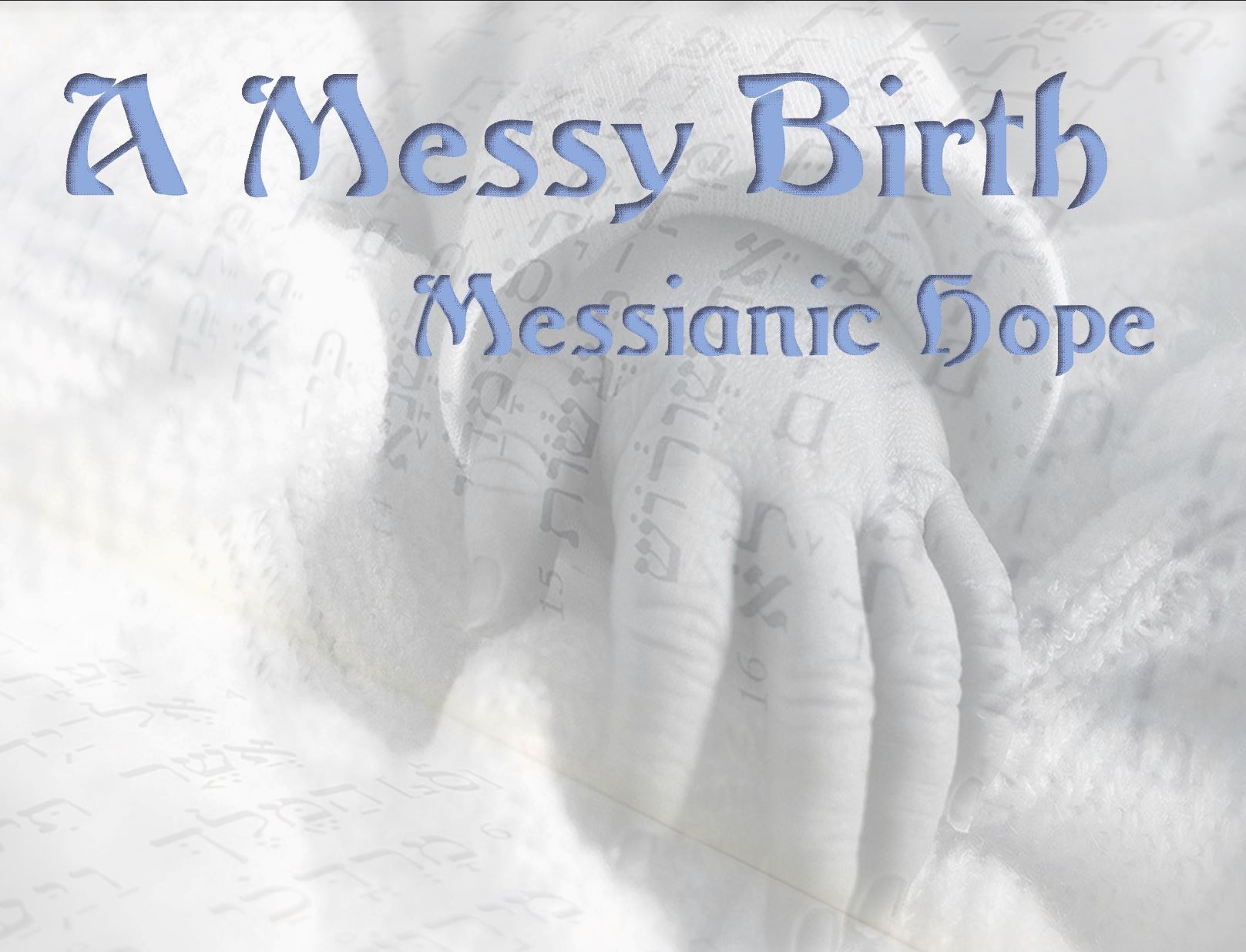
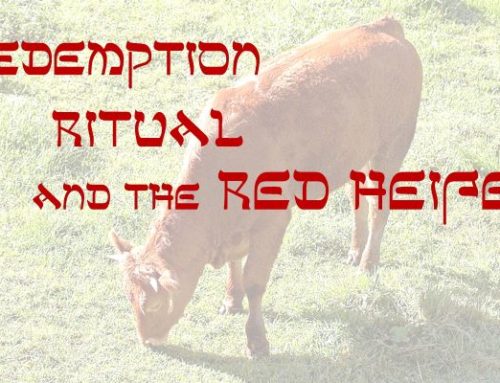
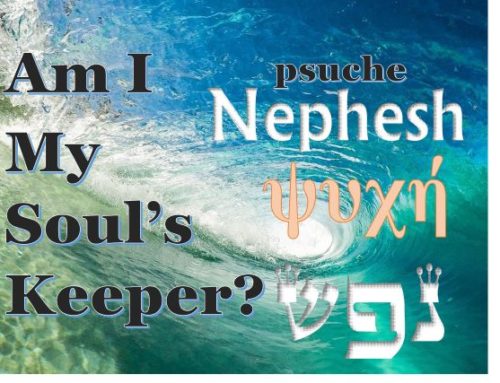
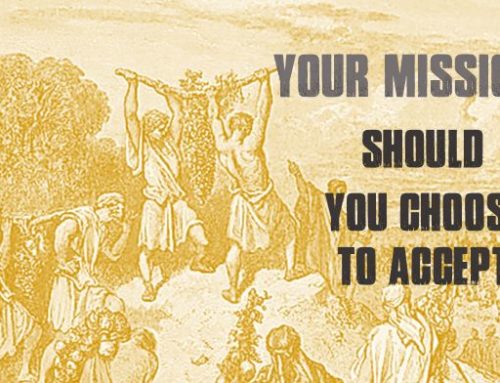
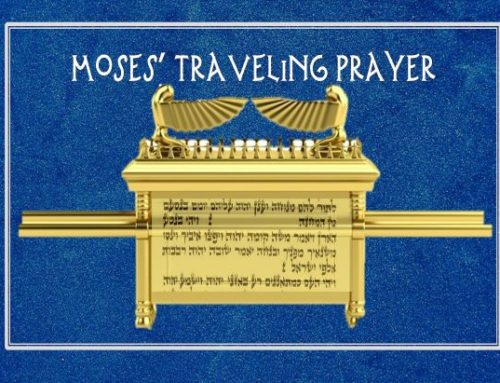
This is a good lesson. Today we are learning through research that Covid 19 and it’s vaccines were in the planning stages at least 20 years ago as a means of population control. These evil intentions are plaguing our world today. It will be interesting to see how God is going to turn this around for His good. We need a breakthrough. Also relating to Romans 8:28, God can work all things together for our good. Hallelujah!